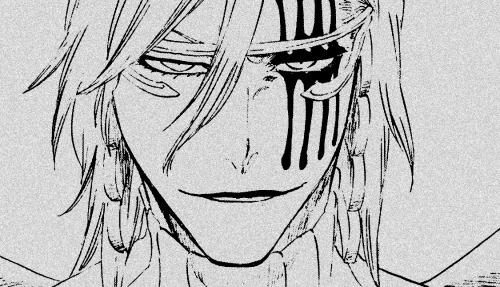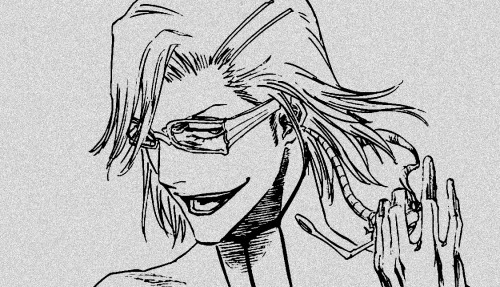One Of The Most Challenging Things About Kogami To Portray In Writing Is The Mental Gymnastics Going
one of the most challenging things about kogami to portray in writing is the mental gymnastics going through his mind the moment someone questions him about the real motive behind his obsession with avenging sasayama and chasing Makishima because at one point it stops being about the pursuit of justice and more about the destruction of your distorted image in a mirror staring back at you and when the abyss is mentioned to conceptualize kogamis turmoil and descent into an unhealthy obsession it's less about the darkness of the act and more about seeing your likeness in someone else, the sense that that something you always felt was wrong in the world, the bell tolling in a dark forest is closer to you than you ever imagined and you can grasp it and it can graze you back but all you need to do is accept it and that feeling alone scares you disgusts you but more terrifying than anything is that it entices you, otherwise why else would it haunt you afterwards? Why would it follow? Why would you let it stay in the shape of an illusion? Why did you respond to its calling? But that's hard to portray in like 2 paragraphs without making kogami look insane.
More Posts from Einshi and Others
The kogami to Sherlock pipeline needs to be studied, I remember being there when queen Hikaru sensei (pp IT mangaka) released the koumaki gun licking art and continously made suspiciously charged art of them until the day came when she released and Co-produced Moriarty the patriot whose main two guys look suspiciously like Makishima and Kogami and (spoilers ahead) curiously the detective and criminal both fake their deaths and run away to a foreign country where they spend a great deal of years in cohabitation, witnessing this evolution is truly something to analyze



Jujutsu Kaisen 2nd Season - 15
thinking about how aizen makes it seem like a complex thing that he "looks down" on everyone but when you boil down everything that he's said and done all that he really means is that he's alone. his character shares this detail with gojo and makima, the feeling of isolation that comes with the crushing weight of power that goes beyond your peers' understanding, perfectly summarized by "the night beyond the tricornered window" quote:
"…for instance, the flower is beautiful. but if you don't know the words flower and beautiful, not only will you not be able to see beauty, you can't even see the flower."
it's nearly impossible for him to properly form a bond with someone who's not even able to see him, not past him, not his power, not his reiatsu. to him the soul society existed in a reality that restricted him, a system to which he was only tolerable so long as he submitted to its rules, but once he paced close to the boundaries he's handled as a threat.
i don't think there's really any "redeemable" part about him because redemption comes with change, change is not stagnant and although he is restrained his nature can't really be changed. it's like asking a snake to cut its fangs so it can live among mice. there's no real belonging in there.
it's only among those of close-range strength to his that he might come to feel like he's among equals, the illusion of companionship and isn't that ironic? that the zanpakuto, shaped from his soul and very core, is able to shift the reality as we know it with our senses?
anyway i just think that no matter what there'll always be a divide bewteen him and others not from conscious action but the natural rejection to that which doesn't care to understand you.
will be recycling this blog as multi muse so feel free to unfollow <3

@einshi sasayama vc: kogami out here dressed like he’s trying to take the reverend’s daughter out on a date
These practices make us organisms with a nimble intellect that can deceive themselves “for their own good.” Isolation, anchoring, distraction, and sublimation are among the wiles we use to keep ourselves from dispelling every illusion that keeps us up and running. Without this cognitive double-dealing, we would be exposed for what we are. It would be like looking into a mirror and for a moment seeing the skull inside our skin looking back at us with its sardonic smile.
And beneath the skull—only blackness, nothing. Someone is there, so we feel, and yet no one is there—the uncanny paradox, all the horror in a glimpse. A little piece of our world has been peeled back, and underneath is creaking desolation—a carnival where all the rides are moving but no patrons occupy the seats. We are missing from the world we have made for ourselves.
Maybe if we could resolutely gaze wide-eyed at our lives we would come to know what we really are. But that would stop the showy attraction we are inclined to think will run forever.
Thomas Ligotti, The Conspiracy Against the Human Race
-
 yeonban liked this · 4 months ago
yeonban liked this · 4 months ago -
 achroanimus liked this · 4 months ago
achroanimus liked this · 4 months ago -
 einshi reblogged this · 4 months ago
einshi reblogged this · 4 months ago























